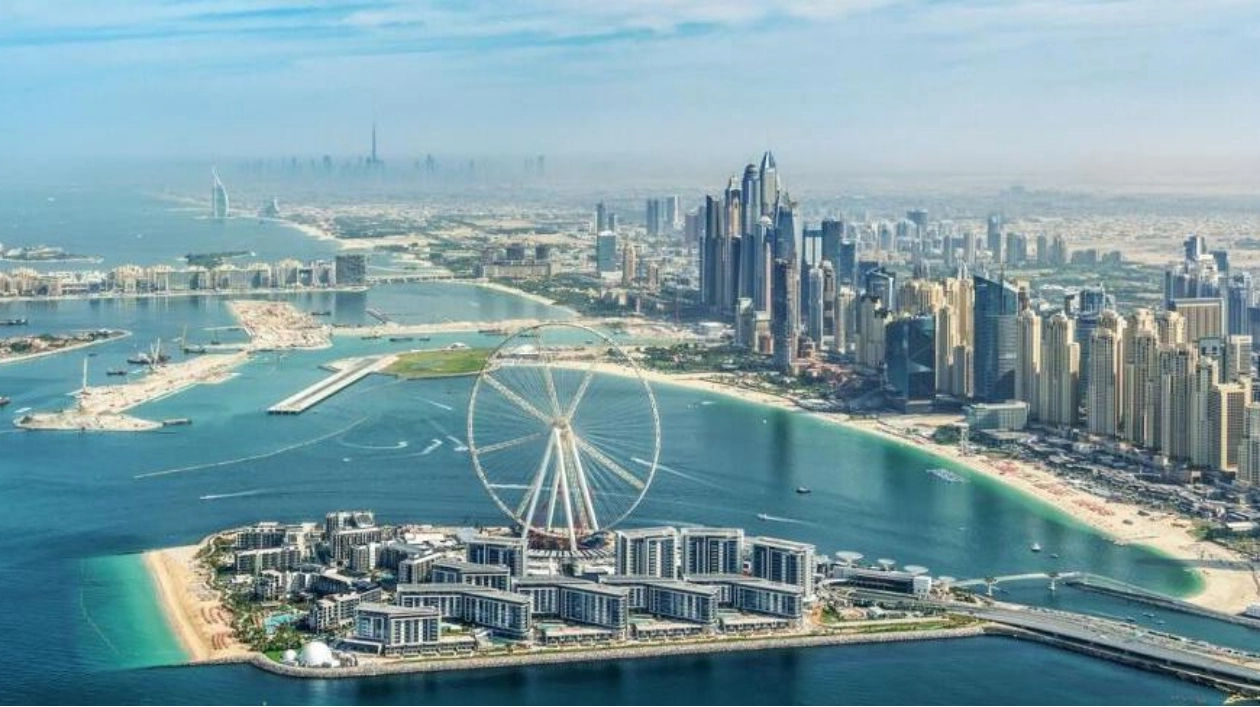Industry experts predict a significant surge in property ownership and transparency in Dubai's real estate market following the launch of a new government strategy.
Under the Real Estate Strategy 2033, Dubai aims to boost real estate transactions to Dh1 trillion by 2030, up from Dh634 billion in 2023. The strategy also targets increasing the real estate sector's contribution to Dh73 billion, raising the homeownership rate to 33 percent, and implementing affordable housing programs. Transparency and global marketing are key focuses.
Industry executives believe Dubai will maintain its investor- and resident-friendly approach, introducing new initiatives and policies to encourage property purchases, enhance market transparency, and enable developers to offer more affordable housing options.
Dubai's property market has seen a remarkable price and rent increase post-pandemic, driven by both local and foreign demand. Prices have exceeded the 2014 peak in various areas. However, the introduction of more affordable units under the Real Estate Strategy 2033 will create opportunities for more people to own properties, aiding tenants in transitioning to ownership.
Prathyusha Gurrapu, head of research and consultancy at Cushman & Wakefield Core, highlights that increasing property ownership accessibility will benefit end-users and foster long-term investments, enhancing market stability and economic growth. She notes that initiatives like favorable financing options, reduced registration fees, and tailored mortgage products will be crucial.
Ari Kesisoglu, president of Property Finder, observes a significant surge in property ownership over the past two years. He believes Dubai's Real Estate Strategy 2033 aligns with the company's belief in strategic investments and cross-industry collaboration to enhance trust, technology, transparency, and talent in the real estate sector.
Kesisoglu adds that they have seen a notable increase in buy-to-live transactions, evidenced by the rise in mortgage processing through their Mortgage Finder advisory service. This trend towards owner-occupancy is seen as a more sustainable boost to homeownership, positively impacting the real estate industry.
Rohit Bachani, co-founder of Merlin Real Estate, is optimistic about property ownership growth in Dubai, citing significant transaction increases. He notes a growing emphasis on trust, with buyers increasingly interested in developers' backgrounds. This trend benefits both established firms and emerging developers, offering diverse options for residents, especially with new areas being developed. Financing and mortgage options have also become more varied, making the luxury market more attractive.
Kesisoglu highlights Dubai's vast land availability as a unique opportunity for real estate development. He believes the government's exceptional urban planning capabilities can be leveraged to make affordable housing a reality. Combined with reliable data, AI-powered services, and industry collaboration, Dubai can build a more resilient real estate ecosystem, facilitating informed decision-making and driving property ownership demand.
Prathyusha Gurrapu emphasizes that Dubai's Real Estate Strategy 2033 strongly focuses on affordable housing. More options will be needed as the city expands to support the wider economy. While Dubai properties are relatively affordable compared to global markets, a large section of the market continues to rent. However, rising rents are driving tenant demand towards homeownership, a trend expected to continue with lower interest rates.






